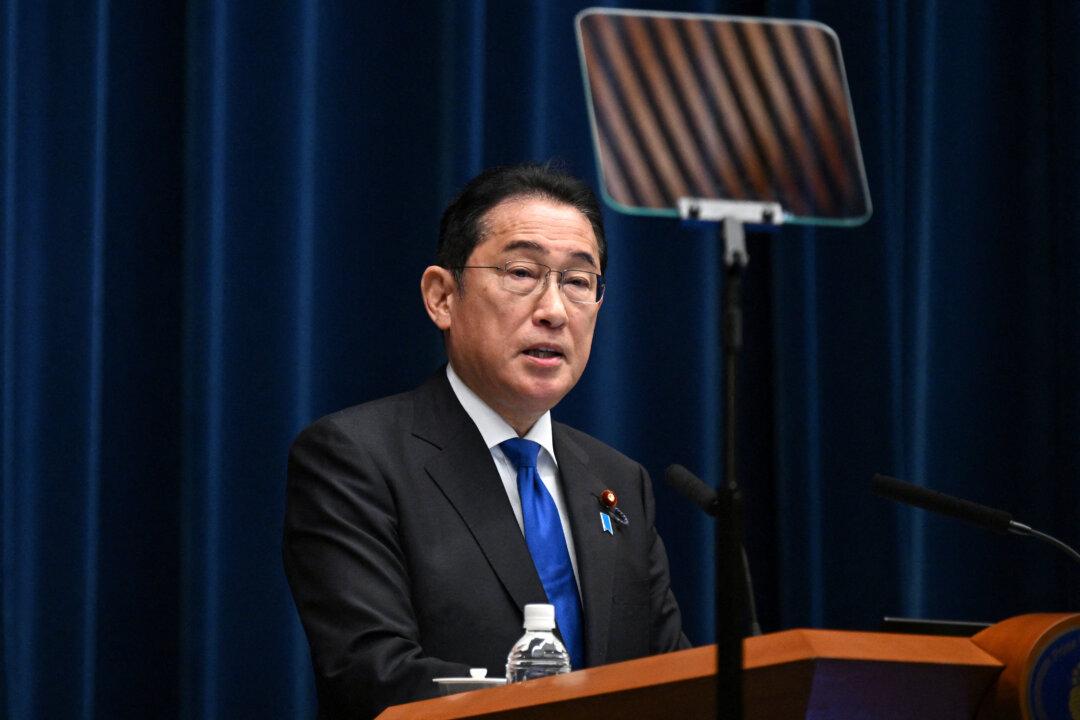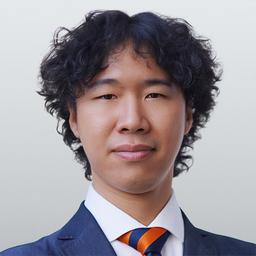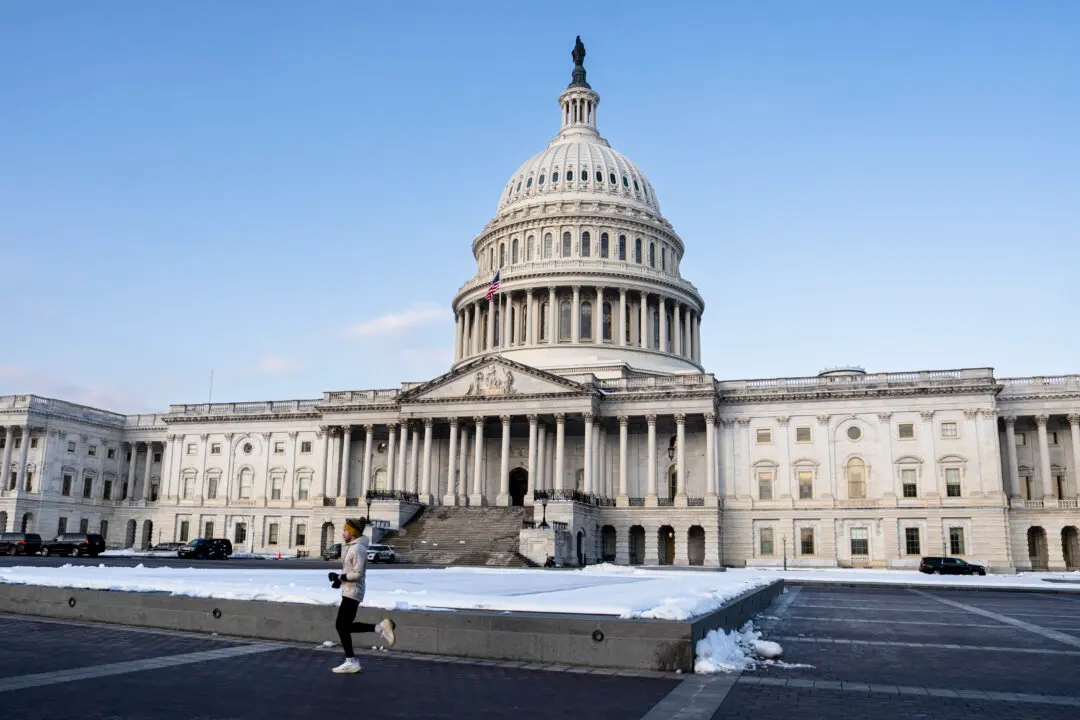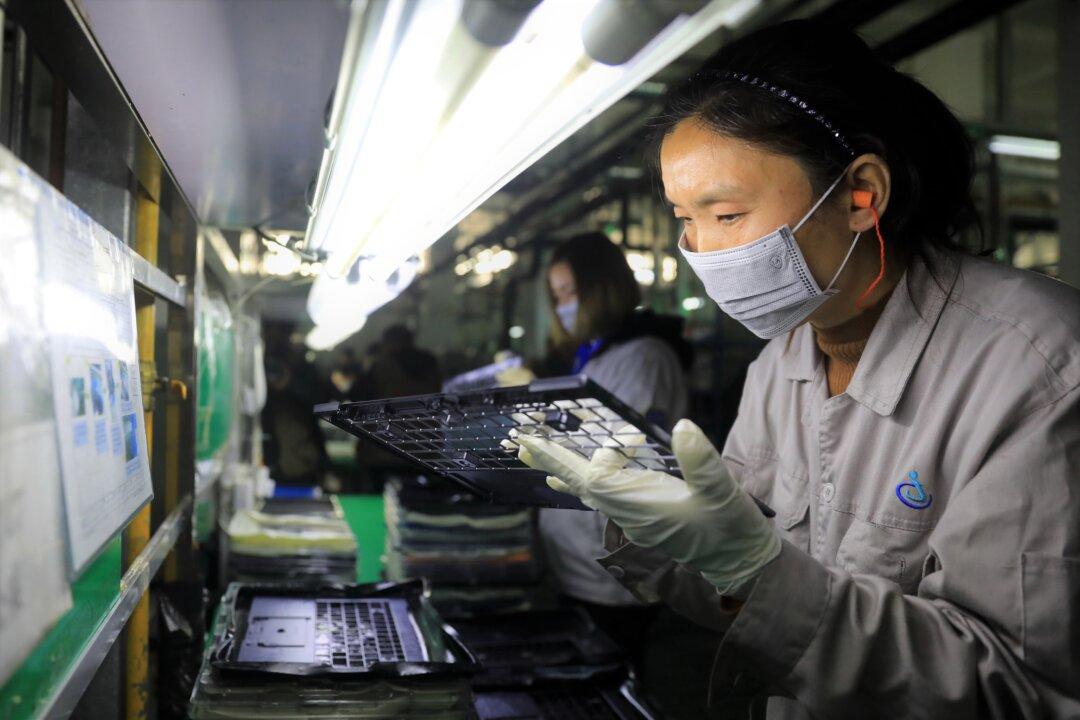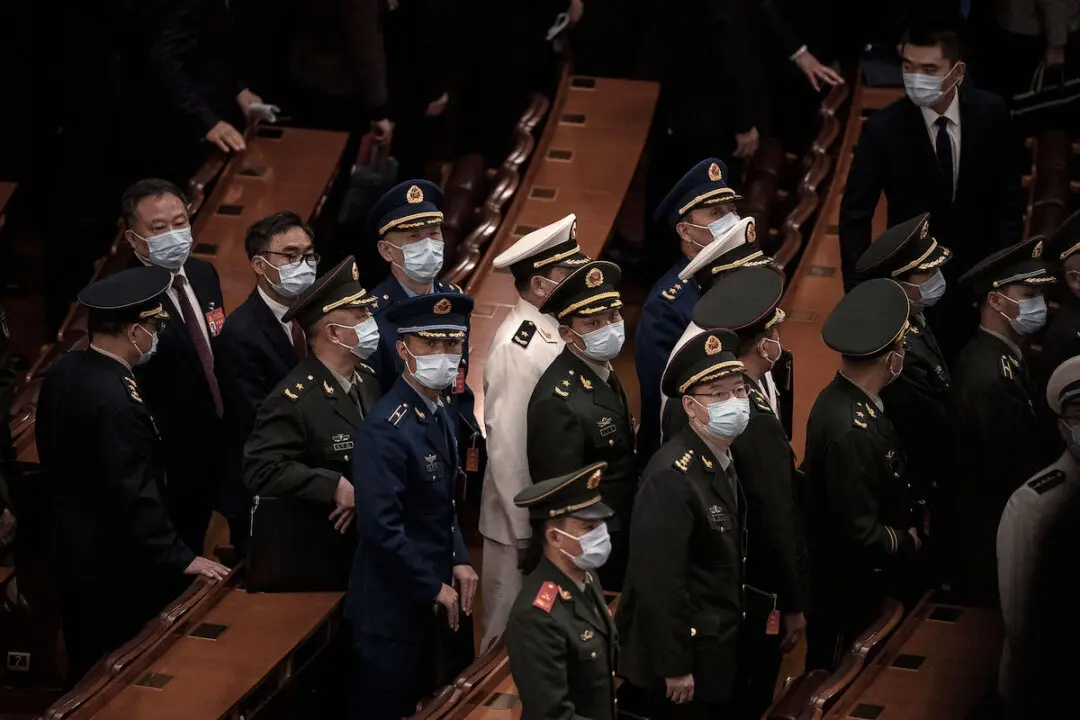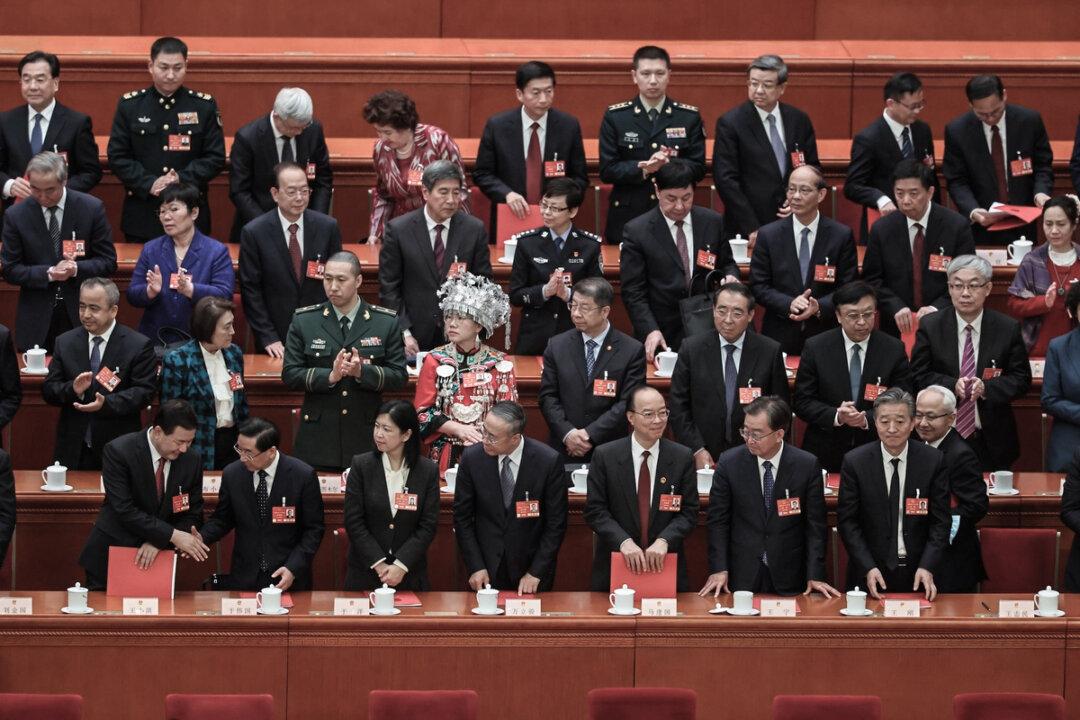As Japan increases its regional leadership in combating geopolitical tensions with China, the next Japanese prime minister will decide the country’s future direction, including its China policy.
Current front runners include 43-year-old Shinjiro Koizumi, former minister of environment and the son of popular former Prime Minister Junichiro Koizumi, and 67-year-old former Minister of Defence Shigeru Ishiba. The election on Sept. 27 will determine the leader of the ruling Liberal Democratic Party (LDP) and the next prime minister of Japan.
